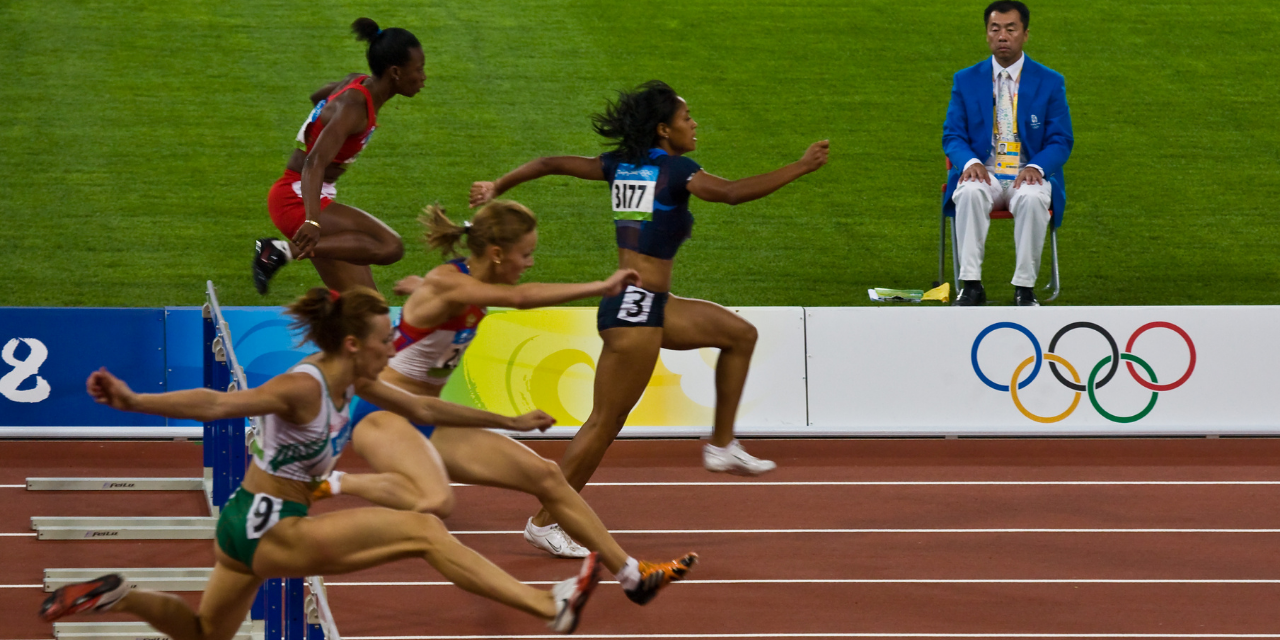The International Olympic Committee (IOC) had promised new guidelines on transgender athletes would be forthcoming after the Beijing Olympics, but has recently published them with the title, “IOC Framework on Fairness, Inclusion and Non-Discrimination on the Basis of Gender Identity and Sex Variations.”
It’s hard to tell if the IOC is desperately trying to appease the transgender lobby, respond to female athletes who criticized the most recent Olympics where a biological male named Laurel Hubbard competed in the women’s powerlifting competition, or is simply passing the buck to avoid responsibility for the issue.
It looks to be a combination of all three.
On the one hand, according to Sky News, the new framework states that no athlete should be excluded from competition on the grounds of a perceived “unfair and disproportionate advantage” due to their gender.
In fact, the framework eliminates a previous requirement that called for biological males competing as females to submit to frequent testing to show that their testosterone levels were below the required limit 12 months before the first competition.
And the non-discrimination provisions in the framework sound fairly definitive on the issue:
- “Eligibility criteria should be established and implemented fairly and in a manner that does not systematically exclude athletes from competition based upon their gender identity, physical appearance and/or sex variations.
- “Provided they meet eligibility criteria that are consistent with principle 4 (Fairness), athletes should be allowed to compete in the category that best aligns with their self-determined gender identity.
- “Criteria to determine disproportionate competitive advantage may, at times, require testing of an athlete’s performance and physical capacity. However, no athlete should be subject to targeted testing because of, or aimed at determining, their sex, gender identity and/or sex variations.”
But at that point the framework takes an important turn. Under Section 4, entitled Fairness, the IOC notes that all of its guidelines on gender identity ought to give way to the principle of fair competition.
“Where sports organizations elect to issue eligibility criteria for men’s and women’s categories for a given competition, they should do so with a view to:
- Providing confidence that no athlete within a category has an unfair and disproportionate competitive advantage (namely an advantage gained by altering one’s body or one that disproportionately exceeds other advantages that exist at elite-level competition);
- Preventing a risk to the physical safety of other athletes; and
- Preventing athletes from claiming a gender identity different from the one consistently and persistently used, with a view to entering a competition in a given category.”
The framework goes on to state that any restrictions arising from eligibility criteria should be based on robust and peer-reviewed research.
But that research has been available for some time now, and it shows that males have significant physiological advantages in sports, including greater lung capacity and heart size; larger, heavier bones and muscles, and different hip and leg structures. All of which give male bodies an unfair competitive advantage over female bodies in sports where those attributes come into play.
So, the IOC says that you shouldn’t discriminate against men who want to compete as women, unless they have an unfair advantage, which they obviously – according to science – do. So, is the IOC taking a position on biological males competing in women’s sports or is it in fact admitting that it has no basis to even make that recommendation?
If that’s not confusing enough, the IOC then passes the buck entirely to each of the individual federations that govern the sports that are showcased at the Olympics.
“In issuing this Framework, the IOC recognizes that it must be in the remit (i.e., task or area of activity assigned to an organization) of each sport and its governing body to determine how an athlete may be at a disproportionate advantage against their peers, taking into consideration the nature of each sport,” the document reads. “The IOC is therefore not in a position to issue regulations that define eligibility criteria for every sport, discipline or event across the very different national jurisdictions and sport systems.”
In other words, the IOC disclaims any responsibility for creating any rules or making any decisions involving a very contentious issue that threatens to destroy women’s sports at the Olympic level.
And that’s typical of woke organizations seeking to appease transgender activists around the globe. Entities like the IOC know they don’t have a rational basis for arguing that biological men can be women, and vice versa, so they throw out a word salad that sounds supportive while avoiding any substantive action that might jeopardize their cash flow or donations.
You can find more information on the transgender threat to women’s sports at savewomenssports.com.
Photo from Shutterstock.






